On Equity in Education. Both Kinds.
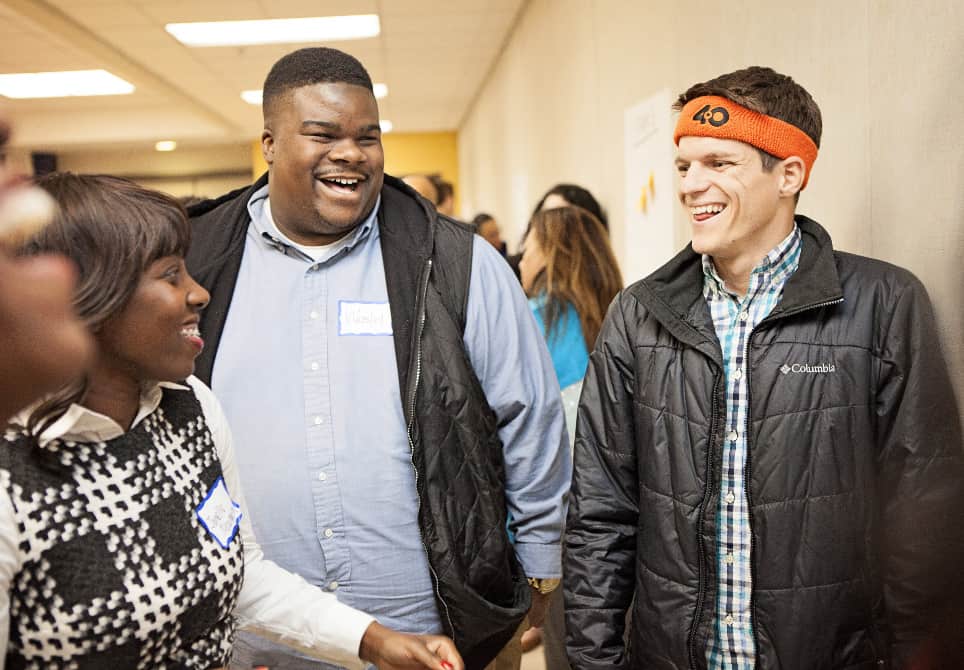
equity: noun. eq·ui·ty \ˈe-kwə-tē
- fairness or justice in the way people are treated
- a share in a company: a share of a company’s stock
For most of my career as an educator, I’ve considered the first of these two definitions more important than the second. But after five years of un-learning at 4.0, I’ve come to believe the second definition is worth more of my time.
For too long, we’ve done education (and especially education reform) to, and not with, communities. On behalf of, not beside. Informed by the fairness and justice part of equity, but too rarely concerned with sharing ownership.
That’s not okay for me anymore. Widening gaps between races, classes and communities are pushing us away from one another, and I believe schooling has a better shot at uniting us and drawing us back across these boundaries than any other tool on our belt.
That means making our equity work about both fairness/justice and about those in power creating and sharing ownership.
At 4.0 that means:
Continuing to ask fairness/justice questions like these:
- How can the future of school be better at identifying and then fighting racism instead of keeping it intact?
- How can the future of school connect children currently growing up on opposite sides of widening income, race, class and geographical gaps?
- How can schools become places of exploration – especially for kids with amazing potential but too little social or financial capital to invest?
Starting to ask ownership questions like these:
- What barriers exist to 4.0’s programs and support?
- What are we doing that prevents people with different backgrounds in different life stages from working together?
- How do we combat the biases and turn entrepreneurship from a young, white man’s game to a game all people can play?
Three big changes so far.
We’re rethinking how people get to know and understand the first part of our programming: Startup Weekend Education.
 Building the future of school with, not for people means not settling for a program sequence that’s more hospitable to young, tech-savvy 20 and 30 something’s than people in other industries, than educators who might know how to fix problems because they see them more clearly, than students and parents –the actual users of this thing we call school. Our Startup Weekend Team, John Baldo and Malliron Hodge, are pushing on every aspect of this program to make it one that creates profound hospitality for all people interested in making the future of school better than the present.
Building the future of school with, not for people means not settling for a program sequence that’s more hospitable to young, tech-savvy 20 and 30 something’s than people in other industries, than educators who might know how to fix problems because they see them more clearly, than students and parents –the actual users of this thing we call school. Our Startup Weekend Team, John Baldo and Malliron Hodge, are pushing on every aspect of this program to make it one that creates profound hospitality for all people interested in making the future of school better than the present.
We’re hosting our prototyping workshop – Essentials –more often and in more places.
This incredibly popular workshop helps leaders leverage the best design thinking and lean development techniques to create real-world prototypes. In our home base of New Orleans, we’re expanding this program to serve founders from across the country on a monthly basis. We’ll provide travel stipends for those unable to pay their own way. We continue to serve a very dynamic community of leaders in New York City, too. Finally, we are sharing Essentials know-how with affiliates in other cities so they can train local leaders to prototype, too.
We’ve reworked our flagship program for school founders and education entrepreneurs into something we call The Tiny Fellowship.
Building the future of school beside, not on behalf of people means not sticking with a program that requires people to quit their job to try something new. Unfortunately, that was the case with our Launch program.
But not anymore.
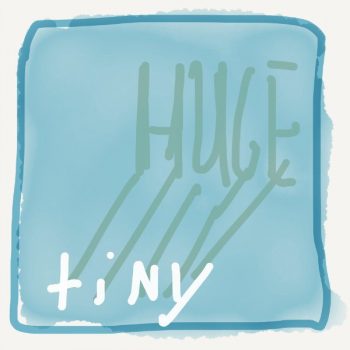 The Tiny Fellowship is now available as a don’t-quit-your-job-yet opportunity. Now way more people can get the coaching, the capital and the community to create a ten-student version of a school, learning space or education startup without quitting their job.
The Tiny Fellowship is now available as a don’t-quit-your-job-yet opportunity. Now way more people can get the coaching, the capital and the community to create a ten-student version of a school, learning space or education startup without quitting their job.
Early signs are promising. 67 % of our first Tiny Fellowship cohort are women, and half are of African American or Latino descent. That’s the right direction, up–considerably better than even our best years at 4.0 so far.
We want to make both types of equity happen in education, and we’re excited about these changes.
Let’s get to it.
For more, see:
- Deeper Learning and Equity: 3 Educator Perspectives
- Promising Practices in Deeper Learning and Equity
- Improving Access and Equity in Blended and Online Learning
Matt Candler is founder and CEO of 4.0 Schools. Follow him on Twitter: @mcandler.
Stay in-the-know with all things EdTech and innovations in learning by signing up to receive the weekly Smart Update. This post includes mentions of a Getting Smart partner. For a full list of partners, affiliate organizations and all other disclosures please see our Partner page.



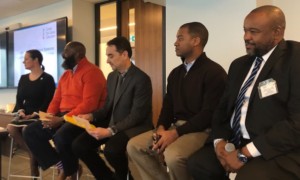
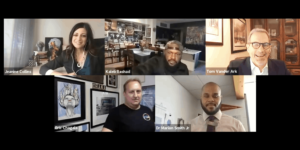
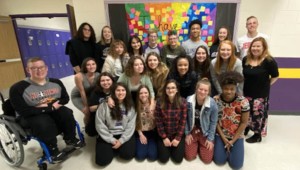

0 Comments
Leave a Comment
Your email address will not be published. All fields are required.